Optimal Timing for Motion Sensor Lighting
Understanding the optimal timing for installing motion sensor lighting can enhance security, energy efficiency, and convenience. Proper installation during specific periods can ensure the system functions effectively and maximizes its benefits.
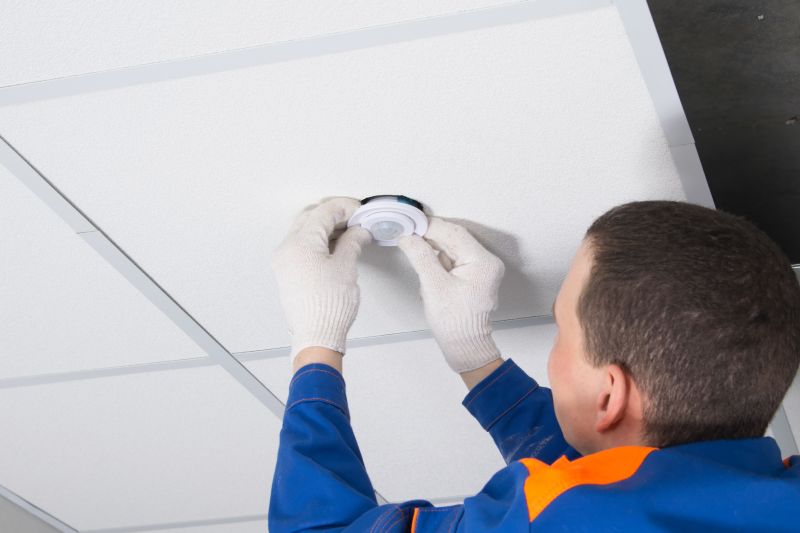
Installing motion sensors at dusk ensures lighting activates when natural light diminishes, improving safety and visibility.
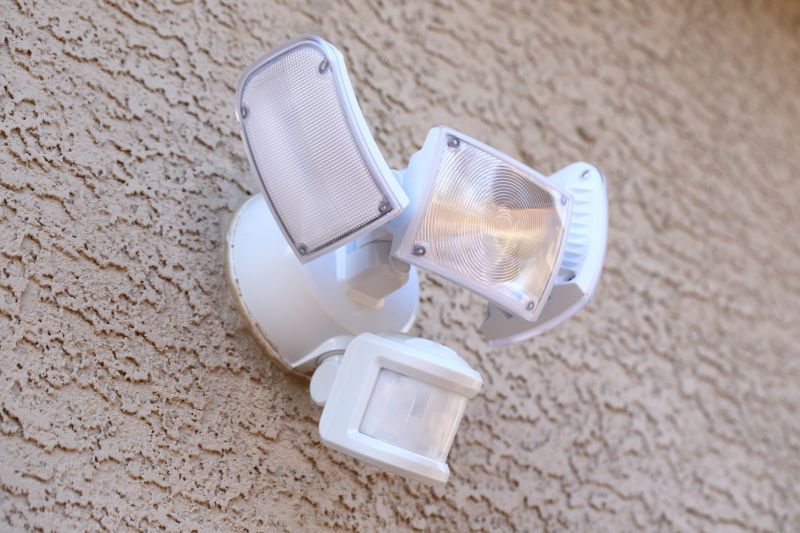
Early installation before seasons with increased outdoor activity, such as summer, ensures readiness for higher usage.
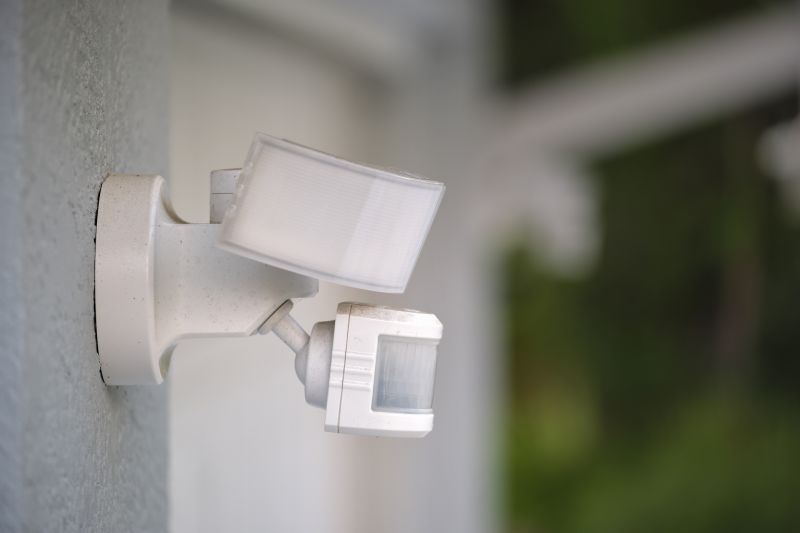
Installing after building completion avoids disruptions and ensures proper placement for optimal coverage.
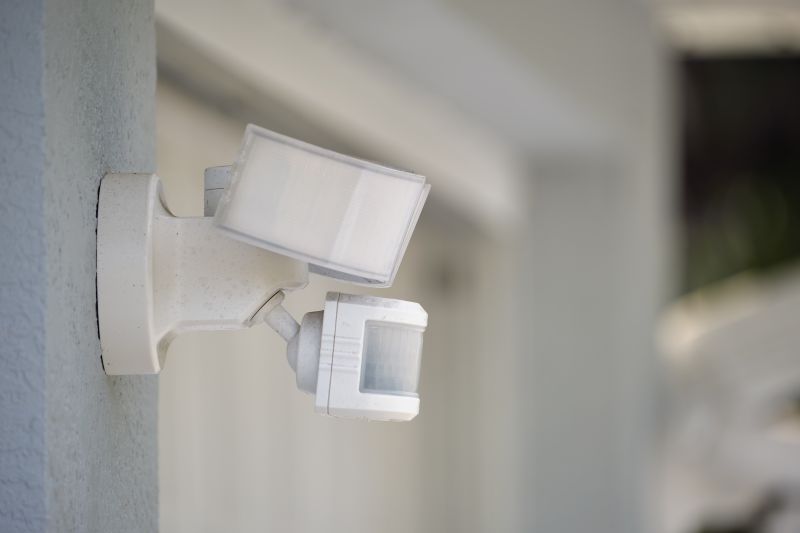
Ways to make Motion Sensor Lighting Installations work in tight or awkward layouts.
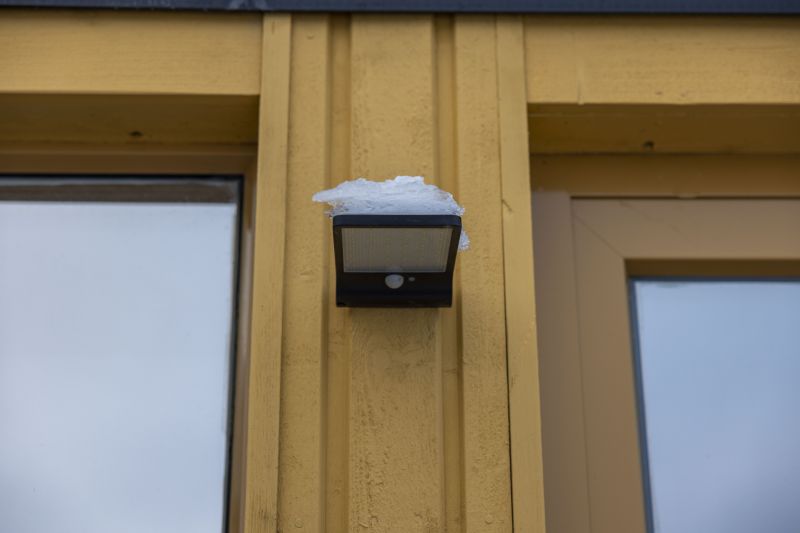
Popular materials for Motion Sensor Lighting Installations and why they hold up over time.
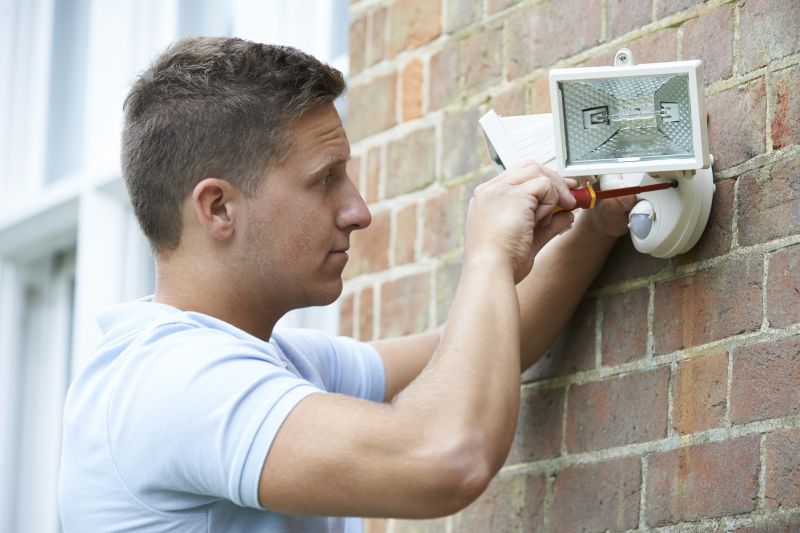
Simple add-ons that improve Motion Sensor Lighting Installations without blowing the budget.
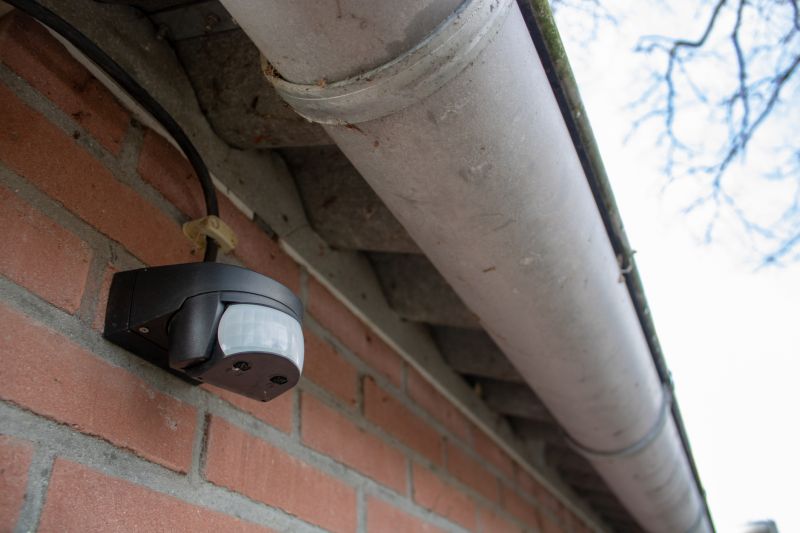
High-end options that actually feel worth it for Motion Sensor Lighting Installations.
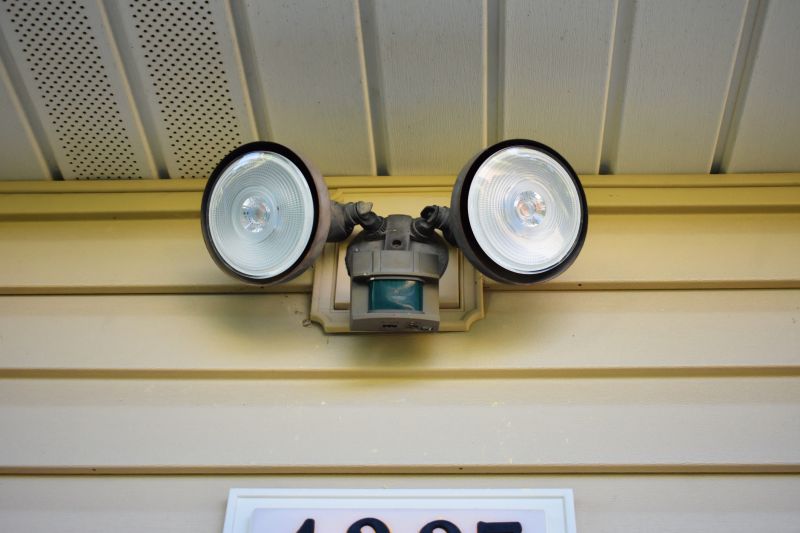
Finishes and colors that play nicely with Motion Sensor Lighting Installations.
Motion sensor lighting installations are most effective when timed to coincide with periods of low ambient light or increased activity. Proper timing can prevent false activations caused by environmental factors like wind or animals. Installing during seasons with longer nights maximizes energy savings and security benefits.
Correct timing ensures sensors detect motion accurately, reducing false triggers and enhancing security.
Installing sensors during low-light periods minimizes unnecessary energy consumption and extends bulb lifespan.
Strategic timing improves outdoor safety by ensuring lights activate during high-traffic or vulnerable periods.
Adjusting installation timing based on seasonal daylight changes optimizes sensor performance.
Motion sensor lighting systems are increasingly popular for their ability to enhance security and reduce energy costs. Studies indicate that properly timed installations can decrease outdoor lighting energy use by up to 70%. Additionally, sensors can be configured to reduce false activations caused by animals or weather, ensuring reliable operation.
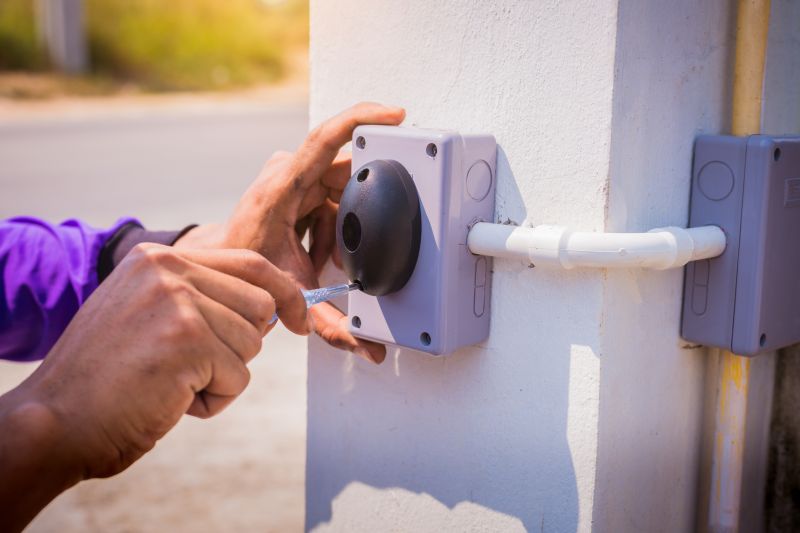
Strategic placement during optimal times ensures coverage and effectiveness.
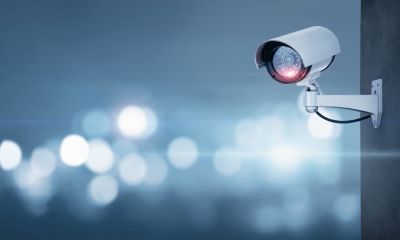
Installing at night can help confirm sensor sensitivity and coverage in real conditions.
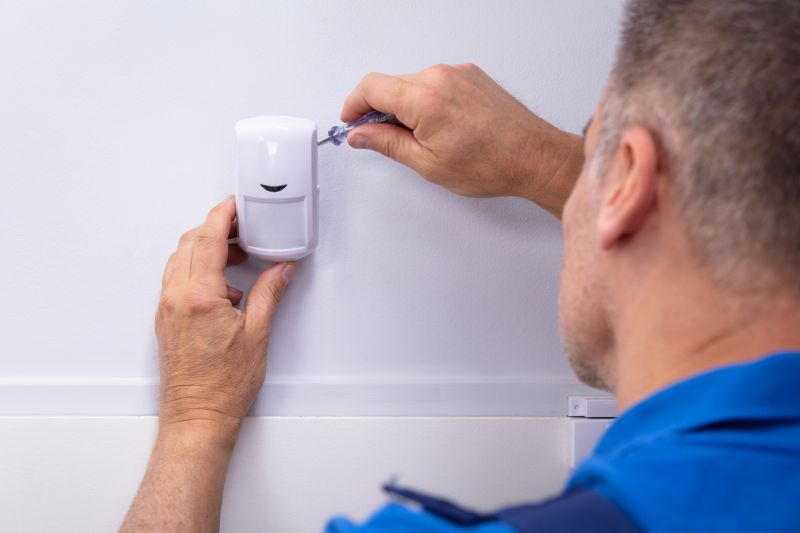
Timing adjustments during seasonal changes maintain sensor accuracy.
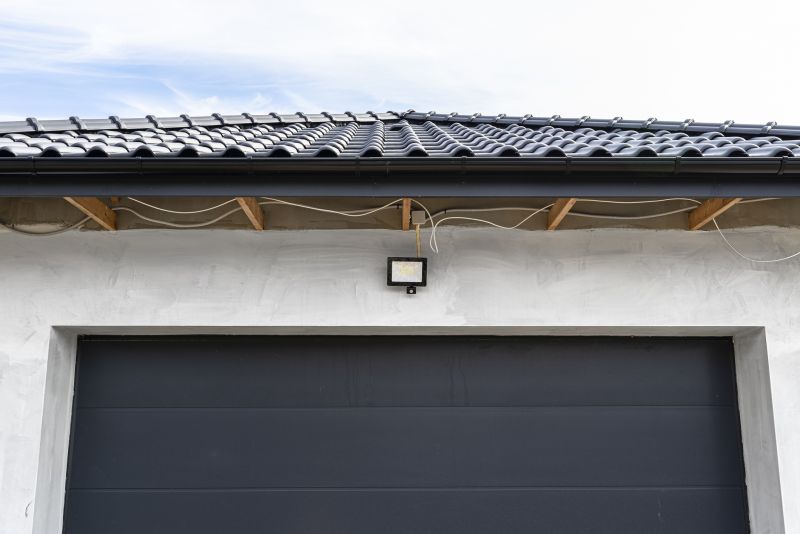
Pre-installation planning during dry periods ensures sensors are weather-resistant.
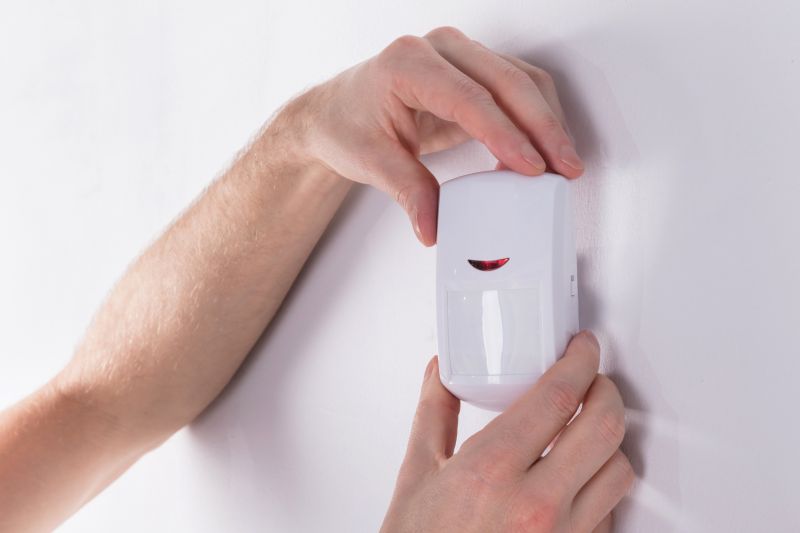
Little measurements that prevent headaches on Motion Sensor Lighting Installations day.
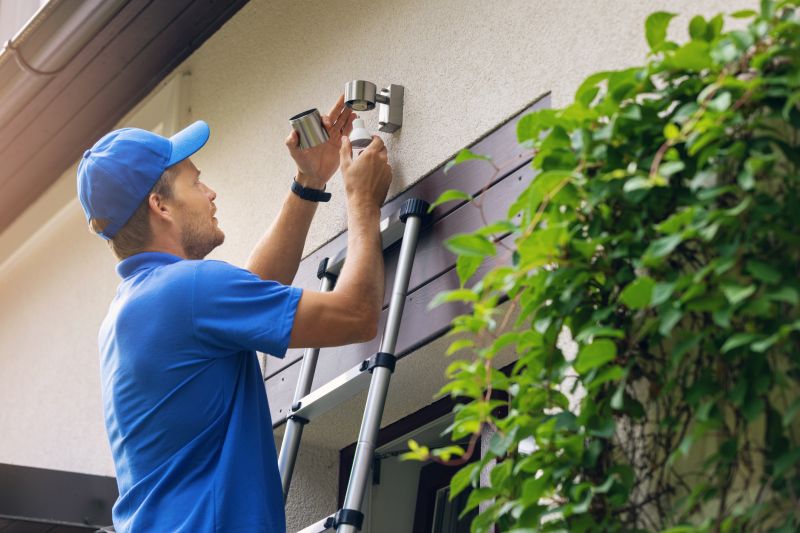
A 60-second routine that keeps Motion Sensor Lighting Installations looking new.
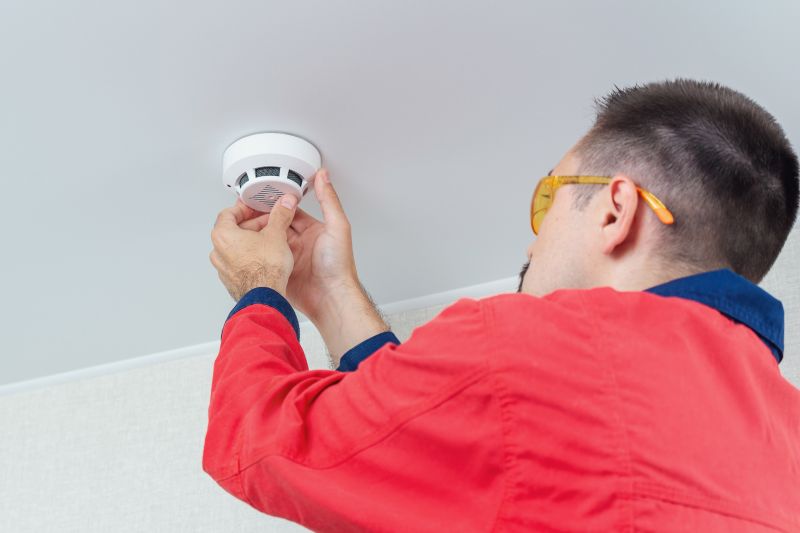
A frequent mistake in Motion Sensor Lighting Installations and how to dodge it.
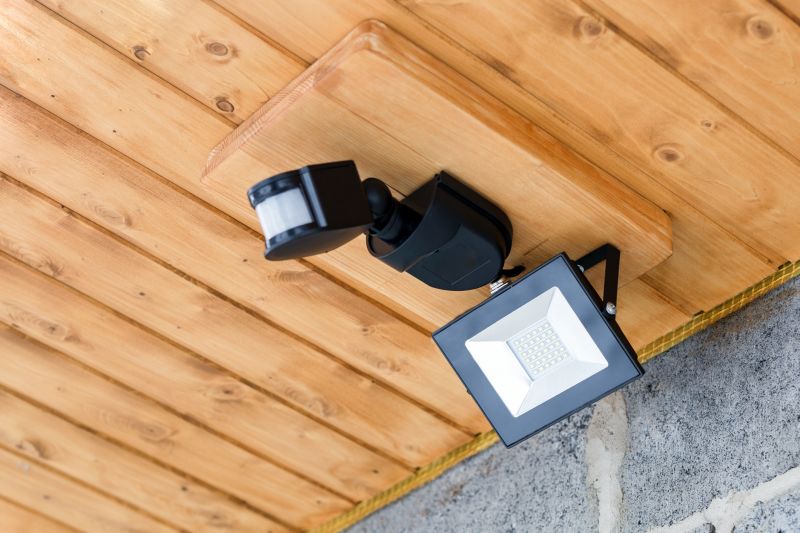
Small tweaks to make Motion Sensor Lighting Installations safer and easier to use.
| Timing Aspect | Recommendation |
|---|---|
| Evening | Install at dusk to maximize coverage during low light |
| Pre-season | Set up before seasons with increased outdoor activity |
| Post-construction | Complete after building to ensure proper placement |
| Seasonal | Adjust for longer or shorter daylight hours |
| Weather considerations | Install before adverse weather seasons |
Proper timing of motion sensor lighting installations ensures optimal performance, energy savings, and security. Regularly reviewing sensor settings and placement can further enhance system effectiveness and adapt to changing environmental conditions.
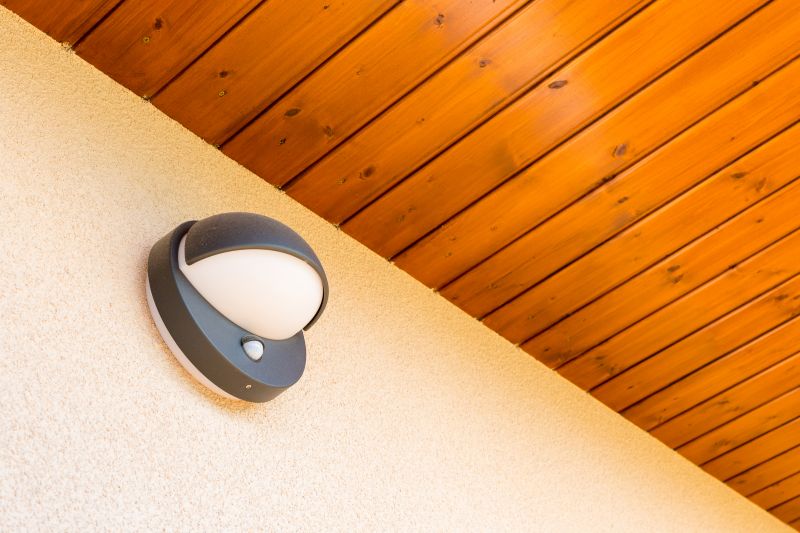
Fine-tuning sensors during different times improves detection accuracy.
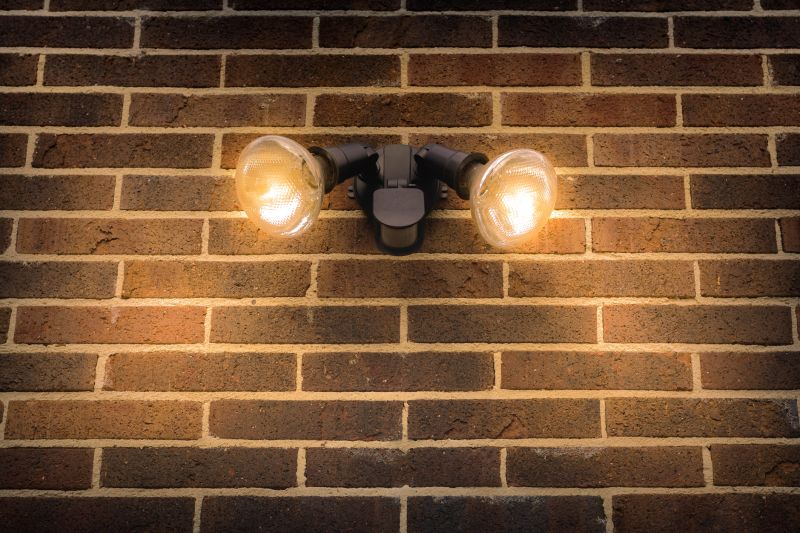
Ensuring lights activate at appropriate times enhances safety.
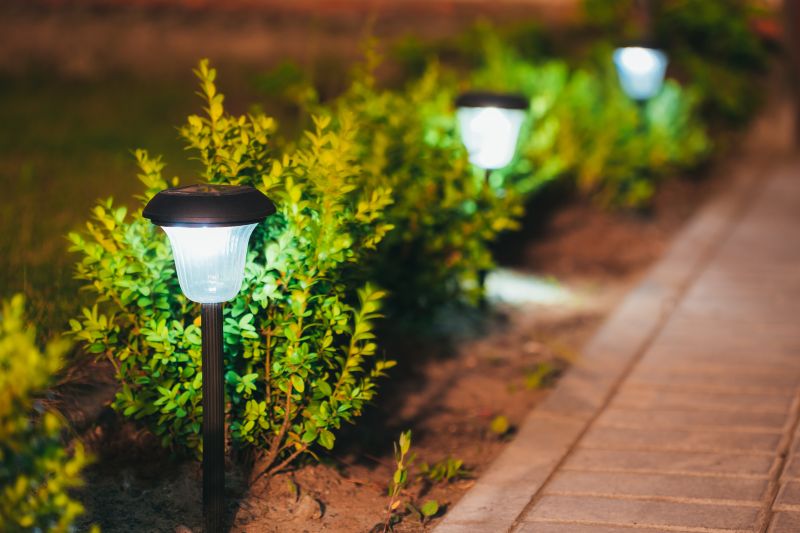
Reevaluating sensor placement seasonally maintains effectiveness.
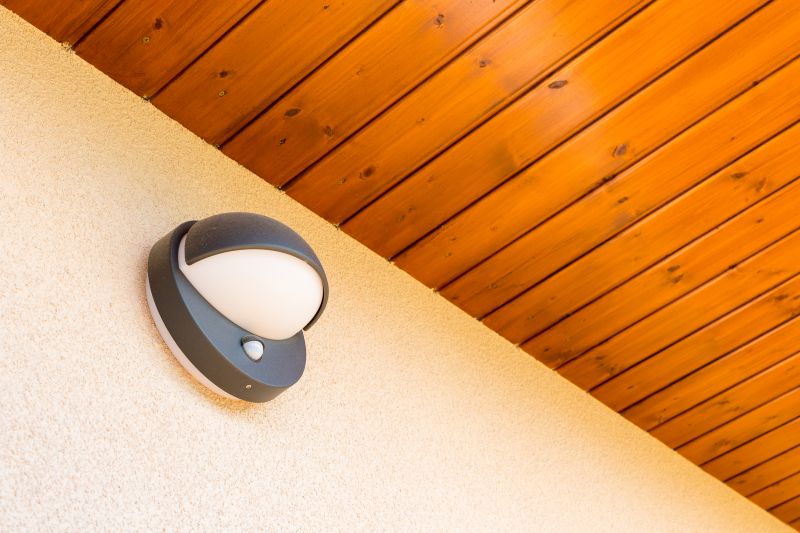
Lower-waste or water-saving choices for Motion Sensor Lighting Installations.
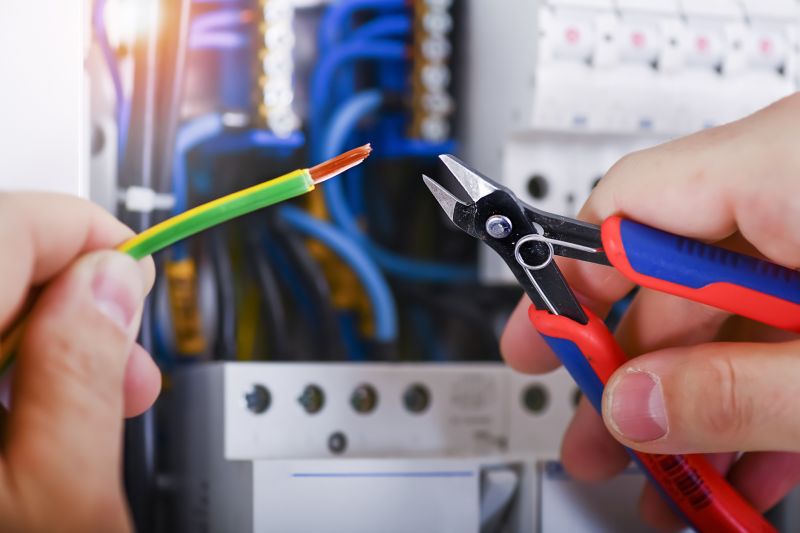
The short, realistic tool list for quality Motion Sensor Lighting Installations.
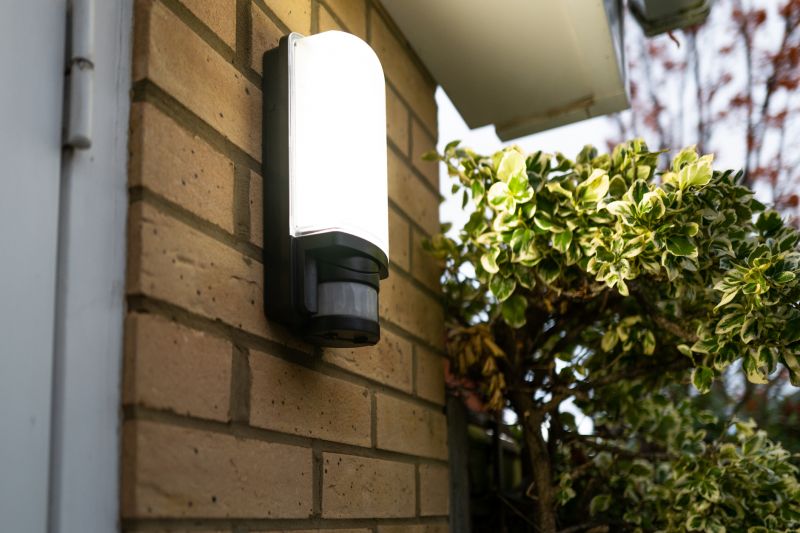
Rough timing from prep to clean-up for Motion Sensor Lighting Installations.
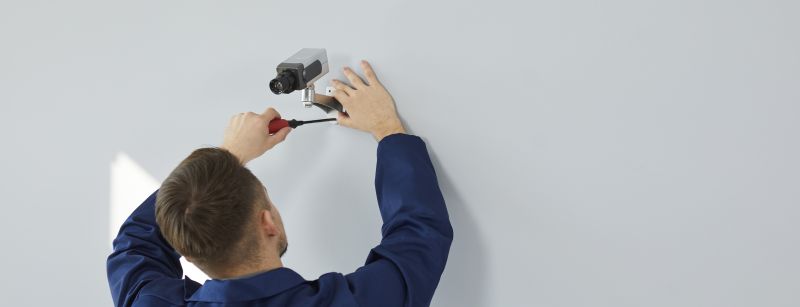
Quick checks and paperwork to keep after Motion Sensor Lighting Installations.
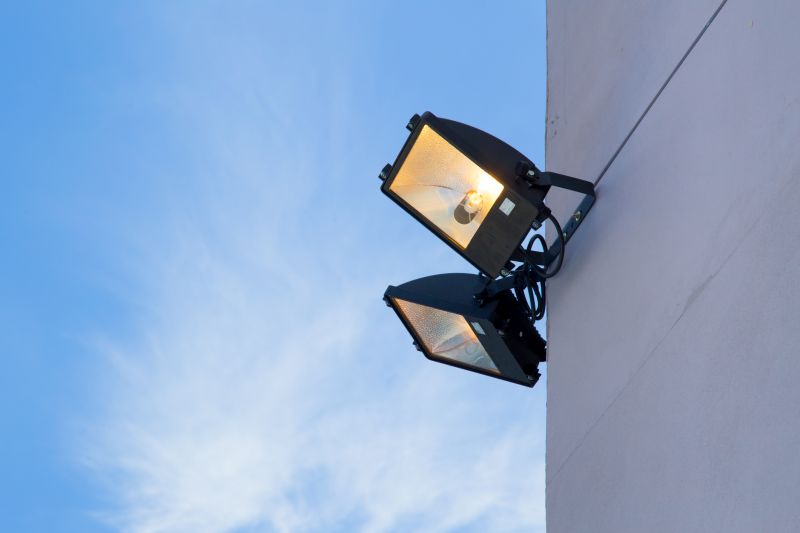
Examples that show the impact a good Motion Sensor Lighting Installations can make.
Interested in installing motion sensor lighting? Filling out the contact form can provide more information and help plan the optimal timing for specific needs and environments.
